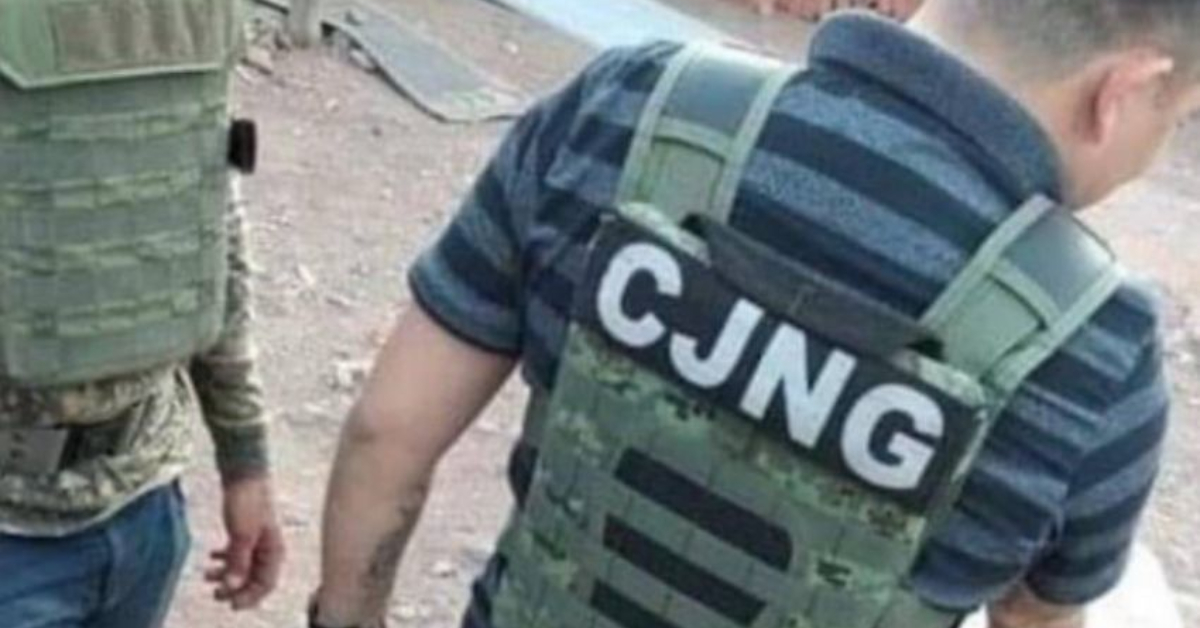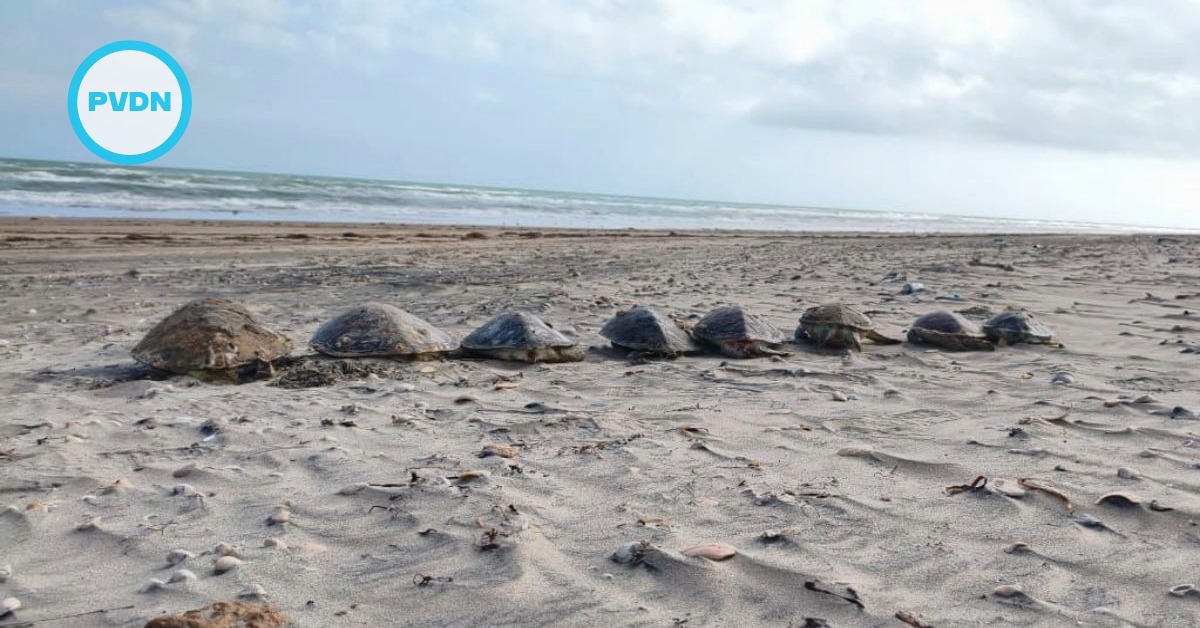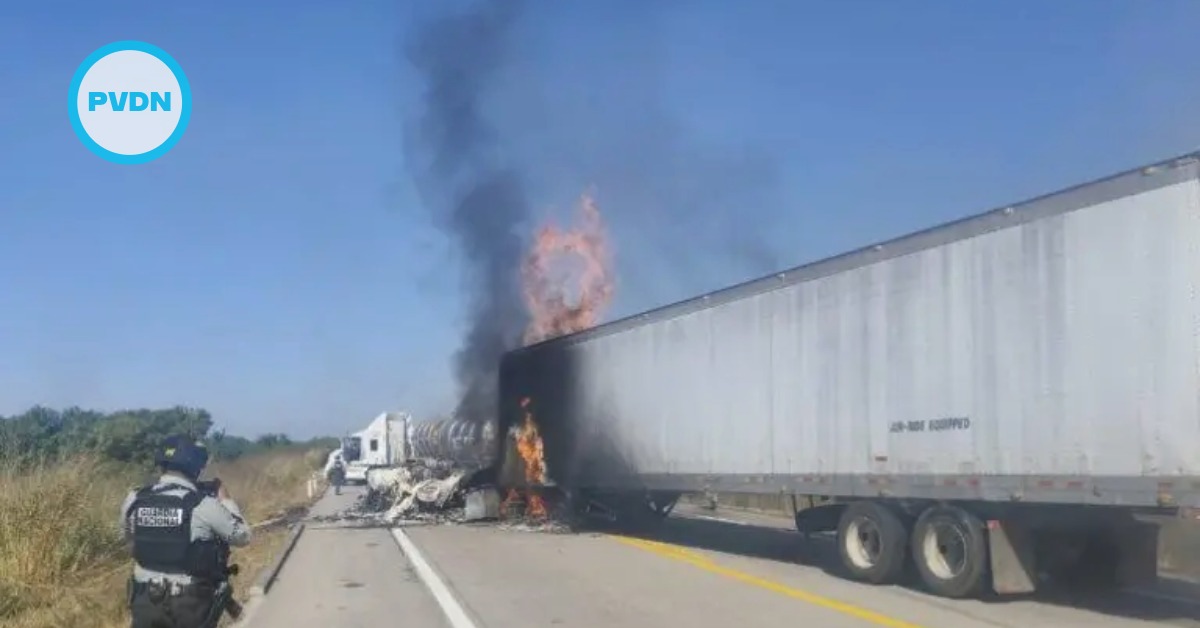Puerto Vallarta, Mexico — In the fall of 2021, Michoacán became the epicenter of a significant and controversial operation in Mexico's ongoing fight against organized crime. The Jalisco New Generation Cartel (CJNG), notorious for its extreme violence and relentless territorial expansion, initiated an aggressive offensive on the borders with Jalisco, displacing thousands and drawing national and international scrutiny.






